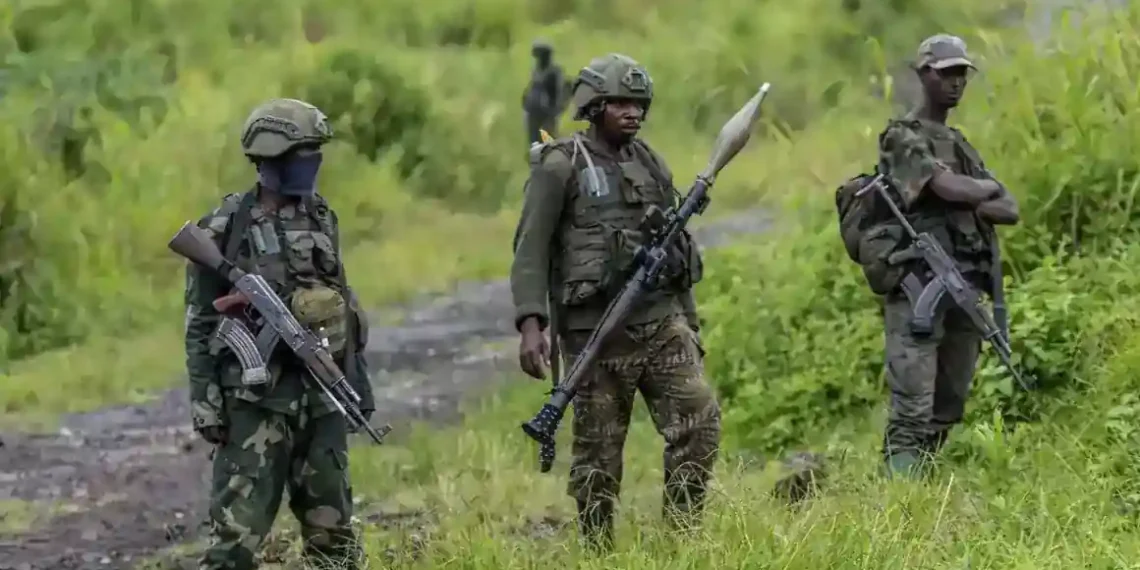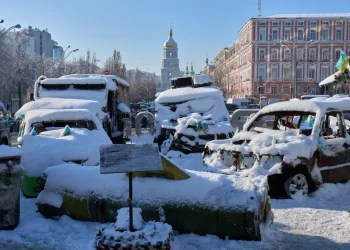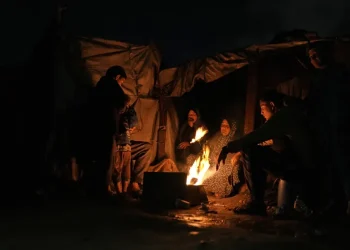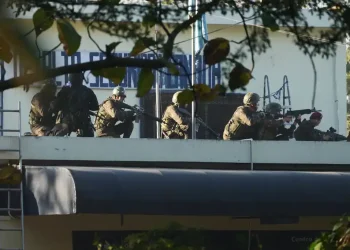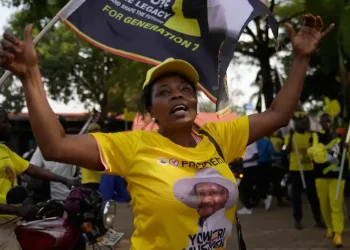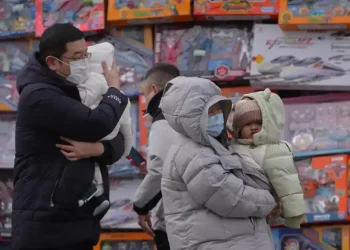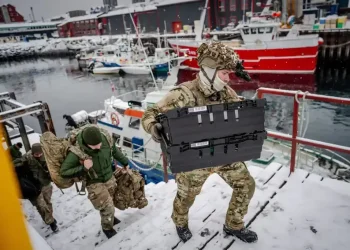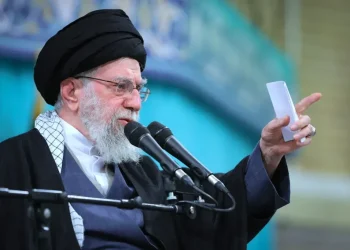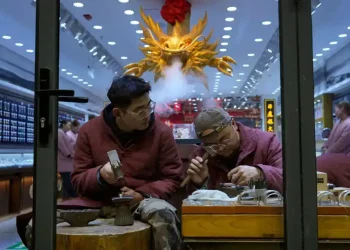Congo and M23 Rebels Sign Deal Aiming to End Conflict in Eastern Congo
A new step toward peace in eastern Congo was taken this weekend, as the Congolese government and the M23 rebel group signed a declaration of principles in Qatar. The deal is meant to end years of deadly conflict, restore state authority in key cities, and work toward a full peace agreement.
The signing is the first official commitment between the two sides since rebels seized important territory earlier this year. But questions remain — especially over whether the rebels will actually withdraw and how justice will be handled for victims of the long-running war.
A Deal to End the Fighting
On Saturday, Congo and the M23 rebels signed a declaration in Doha, Qatar, with help from international mediators. Qatar’s Minister of State, Mohammed bin Abdulaziz bin Saleh Al-Khulaifi, announced the agreement, saying both sides had committed to “building trust.”
This includes plans to exchange prisoners, return control of cities to the government, and push forward a roadmap toward peace. The goal is to restore full Congolese state authority in areas now controlled by armed groups.
A final peace deal is expected by August 18. According to the declaration, it will align with a previous peace agreement signed by Congo and Rwanda in June and facilitated by the United States.
Confusion Over Rebel Withdrawal
One of the biggest questions is whether the M23 will actually pull out of the cities it now controls. The group’s leaders gave mixed messages after the declaration was signed.
M23 leader Bertrand Bisimwa posted on X (formerly Twitter) that the agreement is not about withdrawing, but about “mechanisms for empowering the state.” Another M23 spokesman, Lawrence Kanyuka, told the Associated Press by phone, “We are in Goma with the population and we are not going to get out.”
The Congolese government, however, sees the agreement differently. Government spokesperson Patrick Muyaya said the deal includes a “non-negotiable withdrawal” by the rebels. He added that once the rebels leave, government forces and institutions would return to those cities.
Decades of War and Displacement
The M23 is one of more than 100 armed groups active in eastern Congo. The region is rich in minerals, and armed groups have been fighting for control for decades. M23 is widely believed to be backed by Rwanda, a claim Kigali denies.
According to the United Nations, more than 7 million people have been displaced by the violence in Congo. The U.N. has called the conflict in the east one of the “most protracted, complex, serious humanitarian crises on Earth.”
Saturday’s agreement is seen as a possible breakthrough, but only if both sides follow through with real actions on the ground.
Reactions from Congo, Rwanda, and the U.S.
Rwanda’s Foreign Ministry welcomed the agreement, calling it a “significant step forward.” The U.S. State Department also voiced support, saying it remains committed to a peace deal that restores Congolese authority and creates inclusive governance.
Massad Boulos, a senior adviser to former U.S. President Donald Trump who attended the talks in Doha, said it’s time to find a “final solution” to the conflict. He emphasized that the most important part of the agreement is confirming state control in rebel-held cities.
“This issue requires dialogue and persistence,” Boulos said.
Local Doubts and Demands for Justice
In Goma, a city at the heart of the conflict, people met the news with caution. Many expressed concern that peace efforts will not work unless victims of the war get justice and support.
“We cannot build peace without justice and reparation,” said Amani Muisa, a Goma resident.
The peace document also includes a commitment to protect and help the millions of people who were forced to flee their homes because of the fighting.
What’s Next: Sticking Points Ahead
Although the agreement is a positive sign, several challenges remain.
One major issue is Rwanda’s military presence in eastern Congo. U.N. experts say thousands of Rwandan troops are operating in the region in support of M23. Rwanda has said it will remove its troops only after Congo deals with another armed group — one Kigali blames for the 1994 genocide in Rwanda.
Another challenge is convincing M23 to give up control of strategic cities like Goma and Bukavu. Analysts say this could depend on whether the Congolese government offers meaningful concessions — and whether there’s real international pressure to enforce the agreement.
A Long Road Ahead
For now, the declaration signed in Qatar offers hope. But turning that hope into lasting peace will take more than promises on paper. It will require trust, justice, and concrete steps from both sides — especially in the cities and villages that have lived through years of fear and violence.
As the August deadline for a final peace deal approaches, all eyes will be on whether Congo, M23, and Rwanda can keep moving forward and finally put an end to one of Africa’s longest-running conflicts.
This article was rewritten by JournosNews.com based on verified reporting from trusted sources. The content has been independently reviewed, fact-checked, and edited for accuracy, neutrality, tone, and global readability in accordance with Google News and AdSense standards.
All opinions, quotes, or statements from contributors, experts, or sourced organizations do not necessarily reflect the views of JournosNews.com. JournosNews.com maintains full editorial independence from any external funders, sponsors, or organizations.
Stay informed with JournosNews.com — your trusted source for verified global reporting and in-depth analysis. Follow us on Google News, BlueSky, and X for real-time updates.
